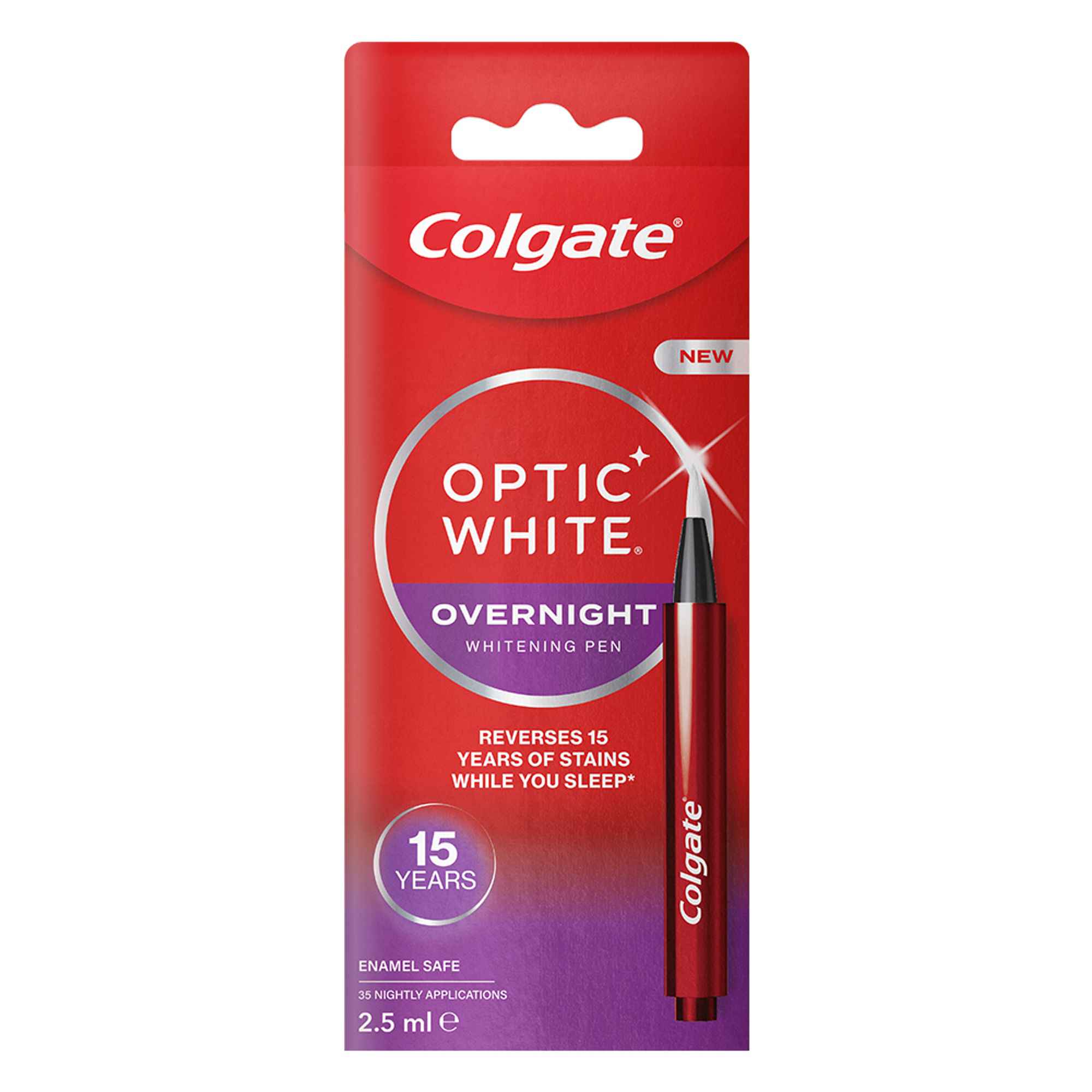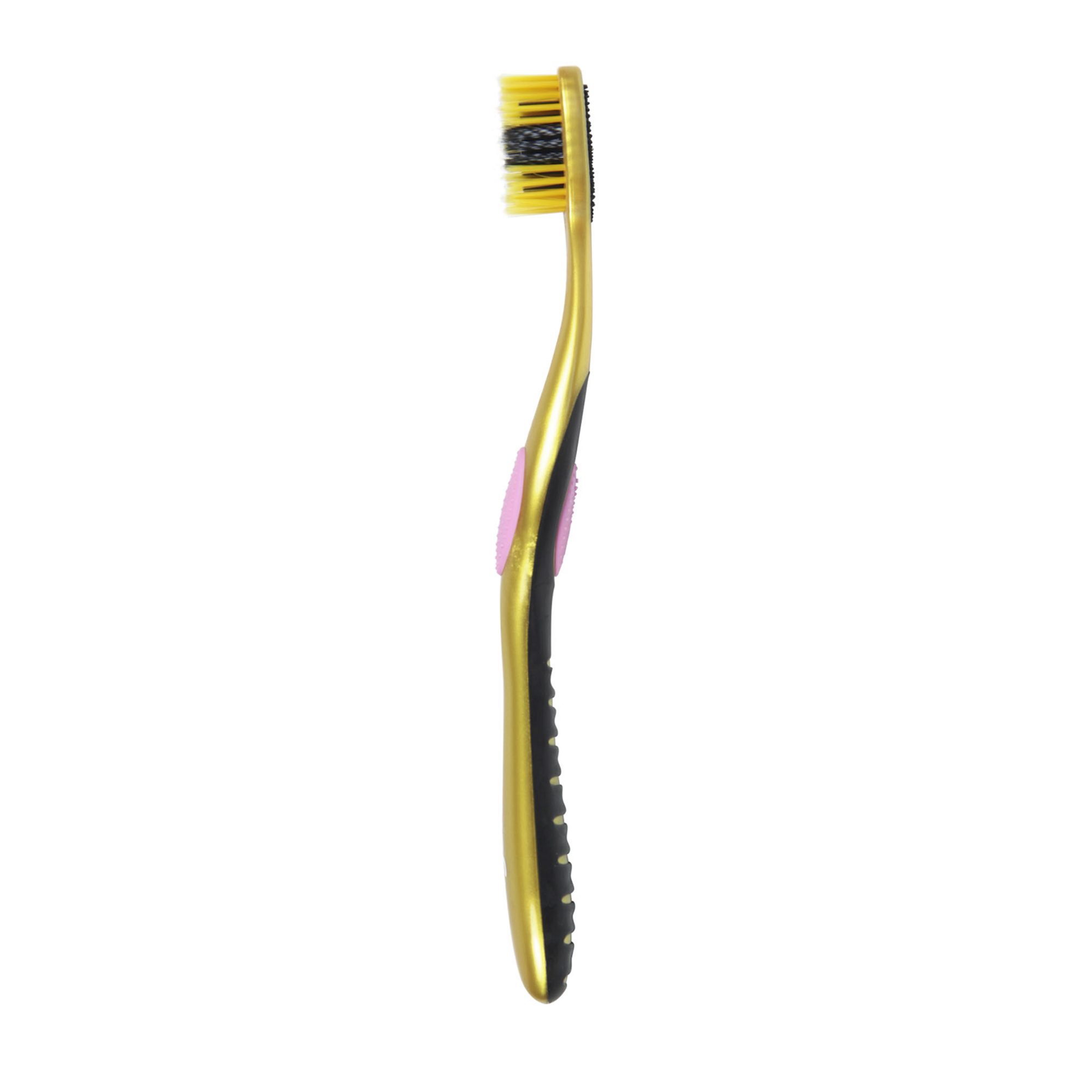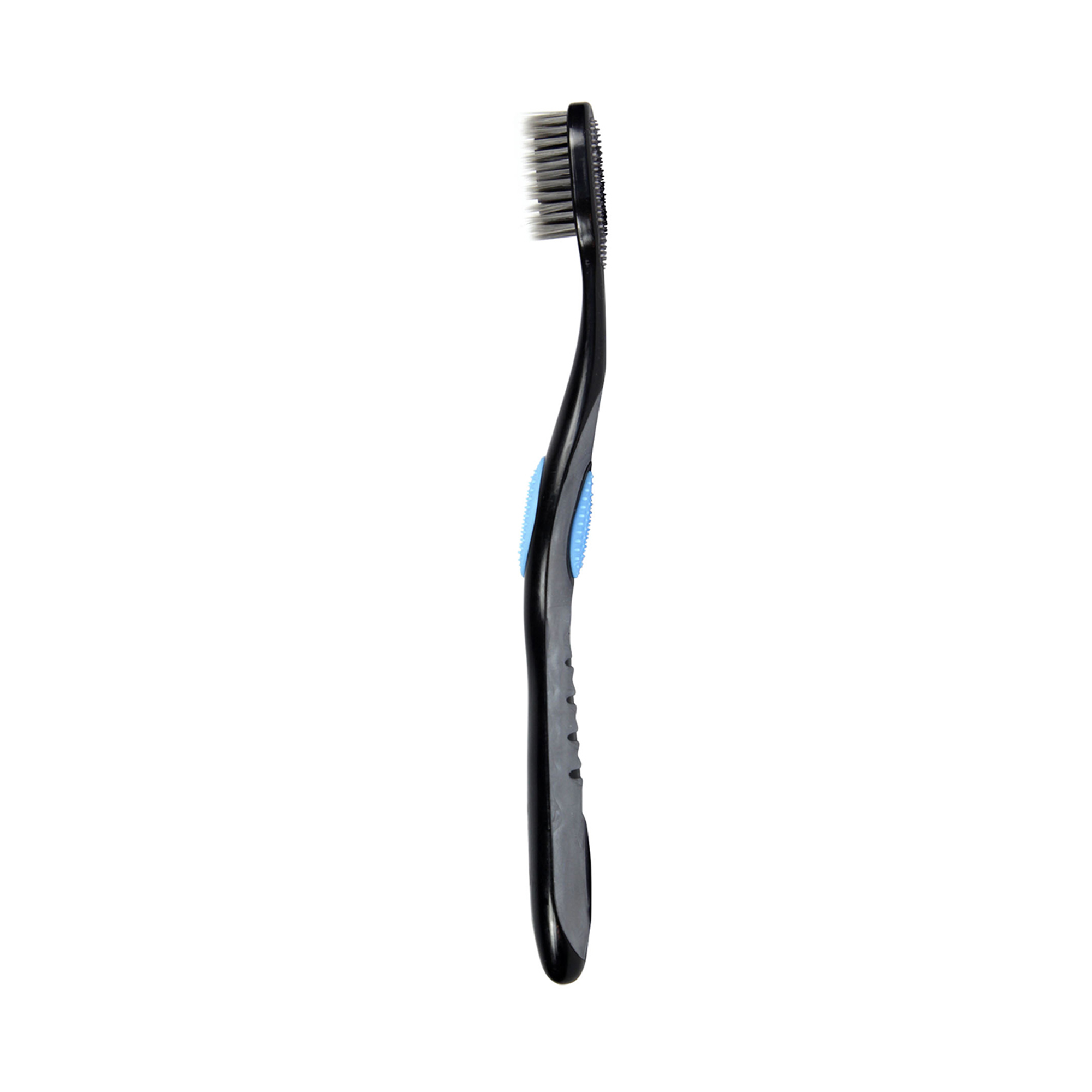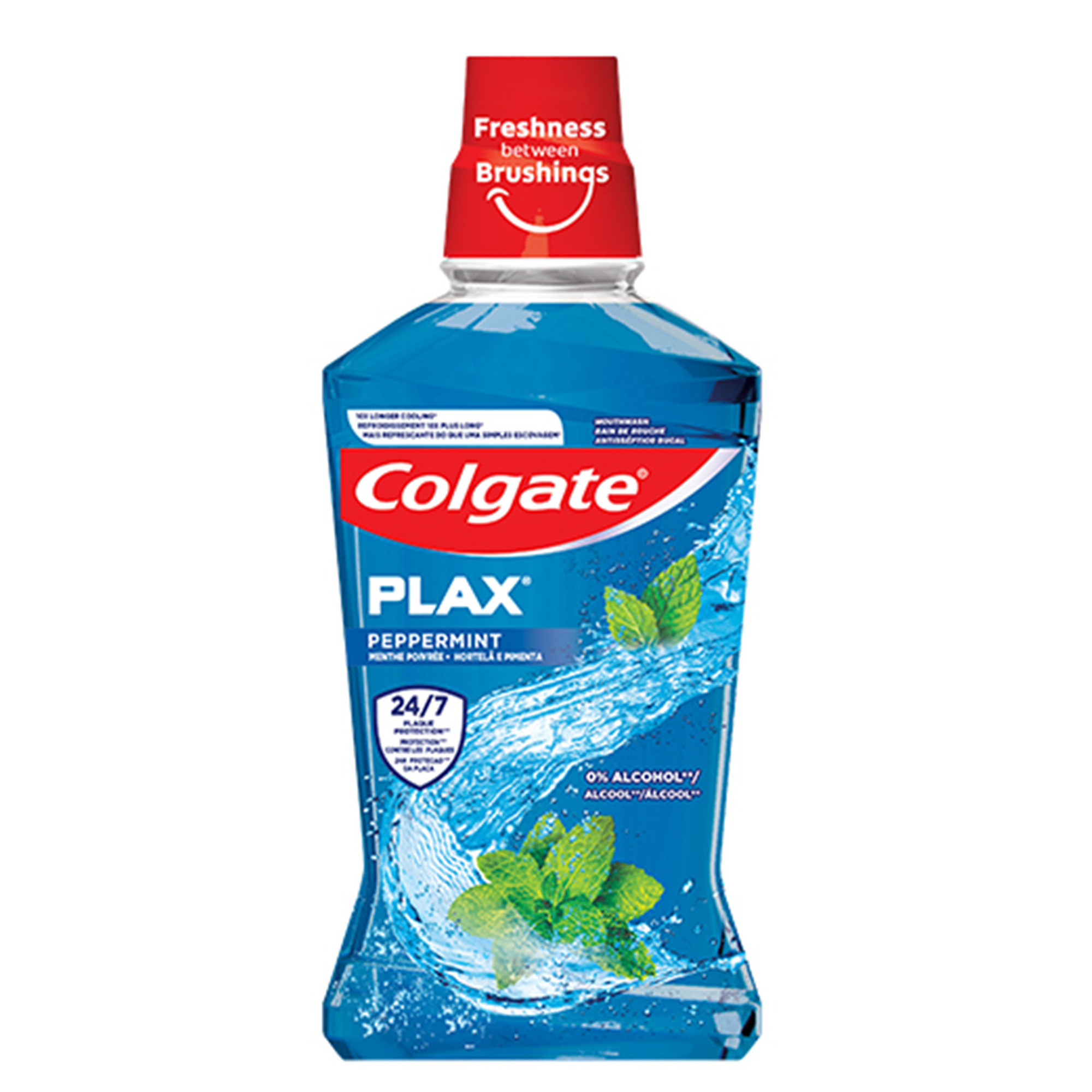-
-

NUTRITION AND ORAL HEALTH
What is Dental Public Health? A Look at How It Can HelpMany oral diseases can be prevented with routine care and regular dental checkups...

NUTRITION AND ORAL HEALTH
How to Limit the Effects of Sugar on TeethCookies, cakes, candy and sodas – everywhere you go, there are sugary treats to tempt...
-
Science & Innovation
- Colgate® | Toothpaste, Toothbrushes & Oral Care Resources
- Oral Health
- How Many Teeth Do We Have?


How many teeth do we have? Have you ever wondered that? Well, the answer depends on a few factors, the biggest factor being age. Children and adults have different sets of teeth. So, how many teeth do children have?
Baby Teeth
Children begin teething around six months of age. The technical term for these early teeth is deciduous teeth, because they eventually fall out, just as leaves fall of from deciduous trees in autumn. Most people know these teeth as baby teeth, though they are also sometimes called milk teeth or primary teeth.
In all, children have 20 baby teeth - 10 on the top and 10 on the bottom. These teeth act as placeholders for the adult teeth that grow in after the baby teeth fall out. Keep in mind that just because these teeth are destined to fall out, doesn't mean that they shouldn't be cared for the same way that adult teeth are cared for. Developing healthy eating and brushing habits should begin shortly after your child begins teething. At about age six most children begin to lose their baby teeth, which are then replaced with adult teeth. This process will continue into their early teens.
Adult Teeth
Adults have more teeth than children; most adults have 32 teeth. Among these teeth are 8 incisors, 4 canines, 8 premolars, and 12 molars (including 4 wisdom teeth). Most people have a complete set of adult teeth by the time they reach their teenage years. It is common for adults to have their wisdom teeth removed because there is not always enough room for them to grow in comfortably or without causing misalignment of other teeth.
So, how many teeth do we have? Typically, children have 20 and adults have 32 (28 if the wisdom teeth are removed). And each one of them needs your care. Learn more about taking care of your teeth in the Colgate Oral Care resources.
This article is intended to promote understanding of and knowledge about general oral health topics. It is not intended to be a substitute for professional advice, diagnosis or treatment. Always seek the advice of your dentist or other qualified healthcare provider with any questions you may have regarding a medical condition or treatment.
Related Products

Helping dental professionals
More professionals across the world trust Colgate. Find resources, products, and information to give your patients a healthier future

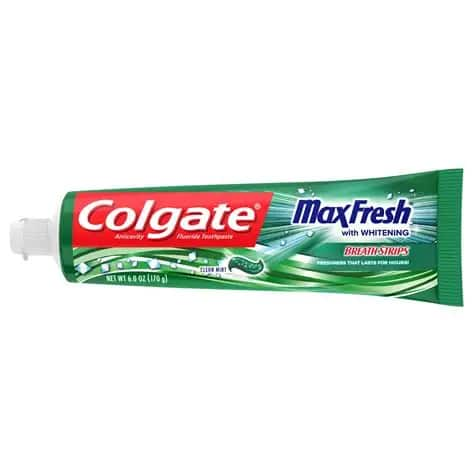
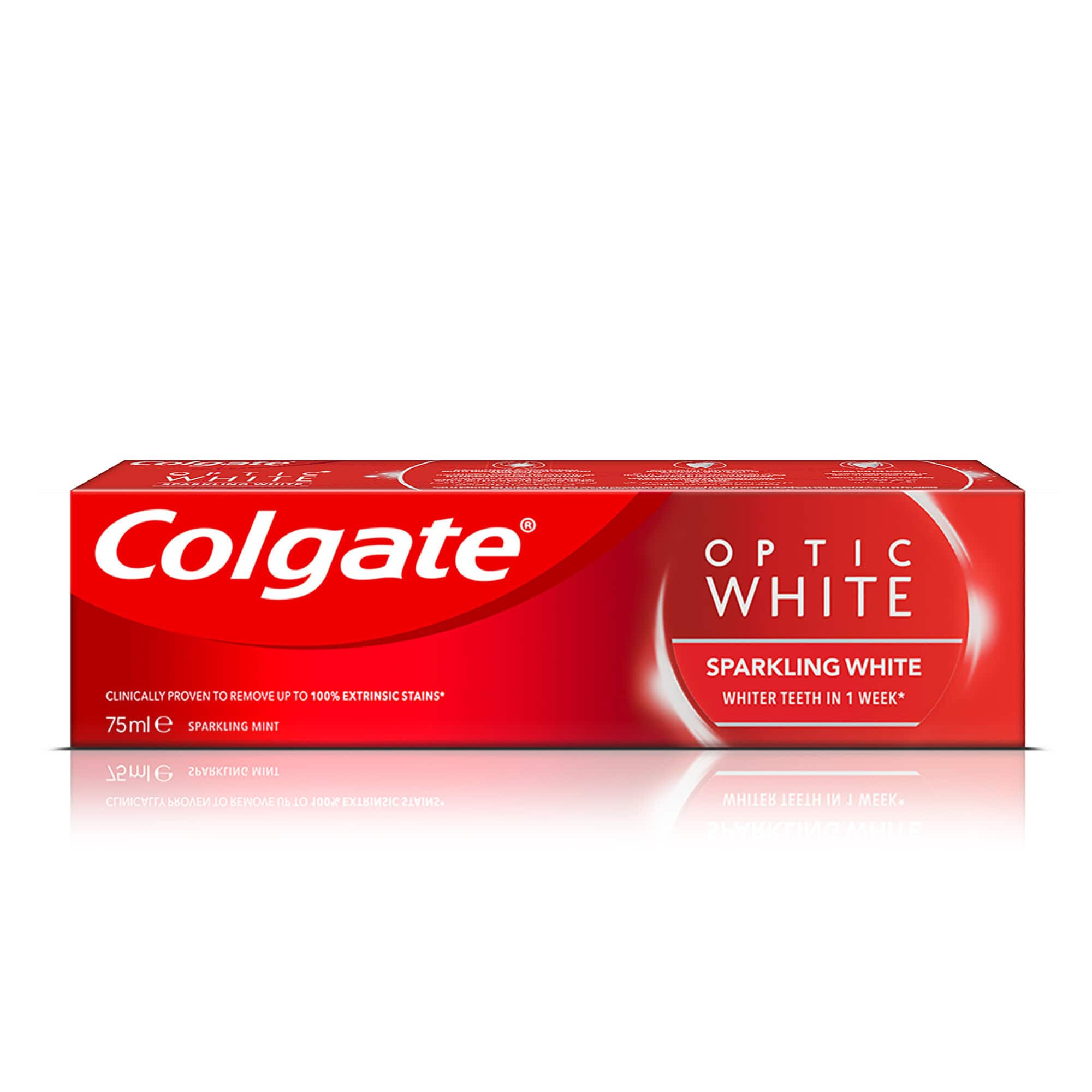
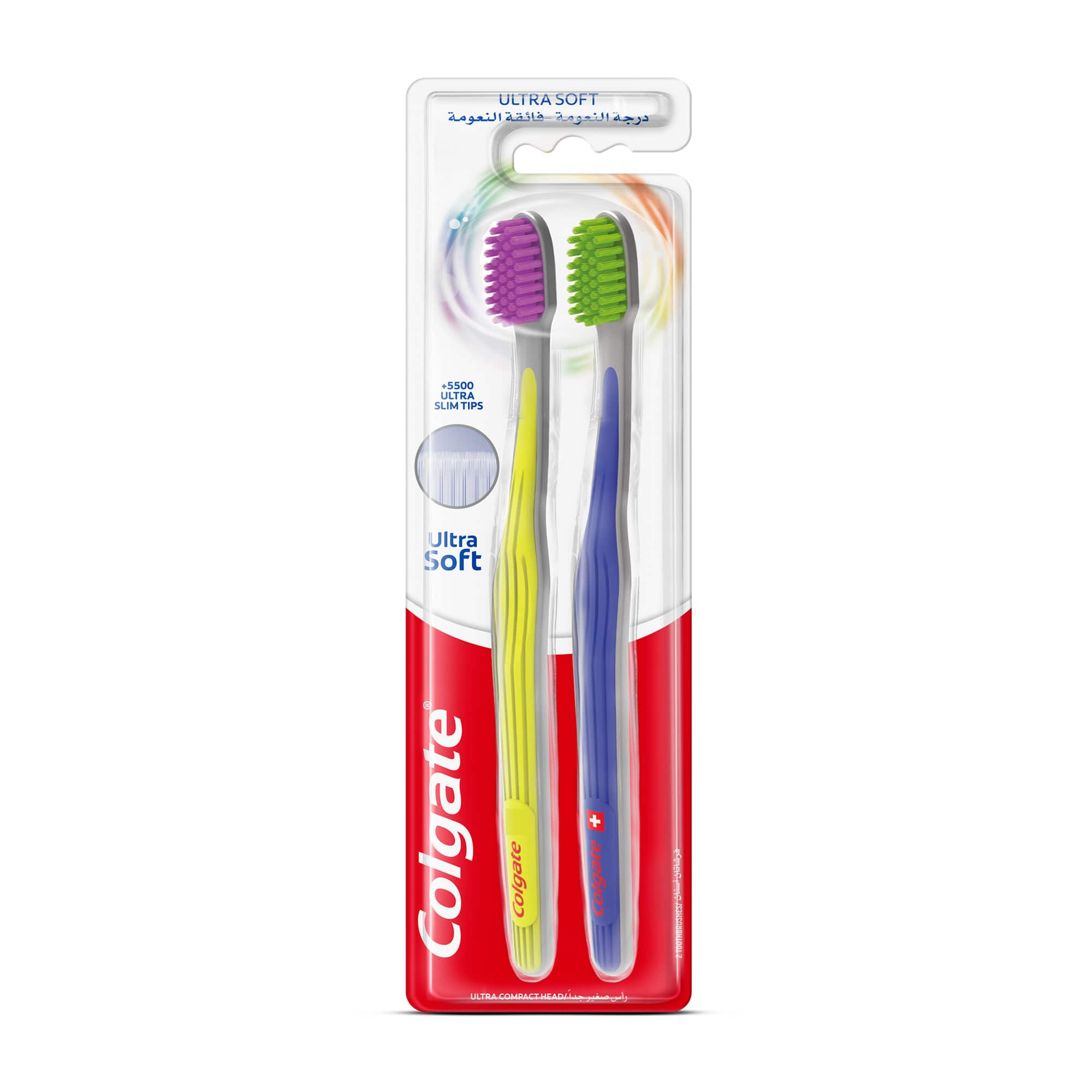
.jpg)


